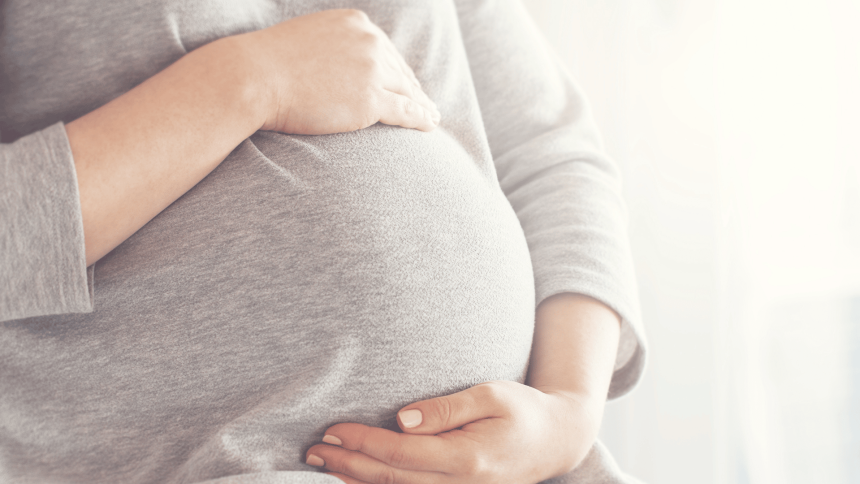One Mississippi state representative is aiming to extend benefits for mothers on Medicaid across the state after legislation failed to pass both chambers during the previous legislative session.
Representative Missy McGee, R-Hattiesburg, has filed two bills — House Bill 1362 and HB 426 — which address the lack of prenatal and postpartum Medicaid coverage in Mississippi.

HB 1362 states that “pregnant women shall be deemed to be presumptively eligible for ambulatory prenatal care under Medicaid for up to 60 days” while HB 426 will “extend Medicaid coverage for eligible women for 12 months postpartum.”
At this time, Mississippi and Wyoming are the only remaining states in the United States that do not have an extension of postpartum benefits to 12 months or a full expansion of Medicaid. Wyoming is currently debating on implementing full expansion for eligible mothers, making Mississippi the last state in the nation to address the need for increased postpartum benefits under Medicaid.
According to McGee, the two bills would extend coverage for women who are already eligible for Medicaid in the Magnolia State, granting mothers a wider range of time with their newborns.
“This is not expansion. This is just an extension of time for women who are already eligible,” McGee stated. “Their income level is already such that they are eligible for Medicaid. It just gives them more time to get through a pregnancy and get back on their feet.”
Approximately 65 percent of mothers that give birth in Mississippi each year are covered by Medicaid, with the extension granting nearly 23,000 families additional aid before and after the baby is born.
The Mississippi Maternal Mortality Report recently released that the state’s maternal mortality rate has increased by 8.8 percent between 2013 to 2016 and 2017 to 2019. Out of the total number of deaths, 82.5 percent were reported as being Medicaid recipients.
McGee added that the extension of postpartum benefits would cost the state a minimal amount of funding, with the remaining funds being provided by the federal government.
“The state’s share of extending postpartum benefits is estimated to be six to seven million dollars,” McGee explained. “Even if it was 10 million dollars, it’s still a small amount to pay for a great impact.”
To see the full interview, continue watching below.







